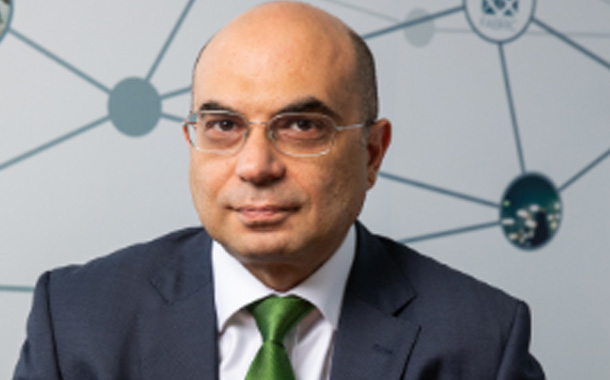Juniper Networks at GITEX Technology Week 2018, revealed its new market research that it conducted with YouGov which suggests that consumers place capabilities like interoperability over technological advances like 5G, cloud, IoT and automation when it comes to which key factors will support the enabling of “smart communities”. The market research is in line with this year’s GITEX theme of driving “future urbanism” and highlights how communities are using information technology to act as a catalyst for transforming life and work, across a wide variety of environments and use cases. Spanning rural villages all the way to the newest megacities, these use cases include innovations in automated infrastructure management, environmental monitoring, autonomous vehicles, social change and population information and protection.a
“Smart community projects and initiatives have the potential to leverage cutting-edge technologies such as IoT, 5G, multicloud and machine learning to enhance, and even transform, people’s daily lives, particularly for those in rural and developing areas. This research shows that consumers recognize this, but want common standards and security to be at their heart. Similarly, the wide scope and variation within any given smart community initiative reinforces the need to inform and reassure constituents about specific benefits and how challenges are addressed. We see there is a great opportunity for service providers in the UAE to become a fundamental part of a community’s fabric, supported by local authorities and government. Implementing, evolving and sustaining these smart community projects are often complex undertakings and Juniper Networks is committed to simplifying that complexity with service providers by delivering a simplified, secure and automated infrastructure.” Said Yarob Sakhnini, Head of Middle East, Turkey and Africa at Juniper Networks
The online survey of over 2,000 adults living in the UAE also reveals that service providers and local authorities are the lynchpin to enabling, securing and educating smart communities. Furthermore, the research highlights that there are high expectations for the potential benefits that smart communities can deliver, but also shows that there is still a need for education on how specific communities can benefit from individual projects.


